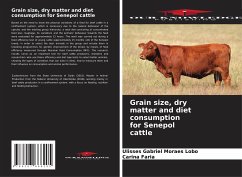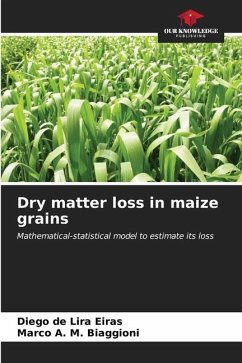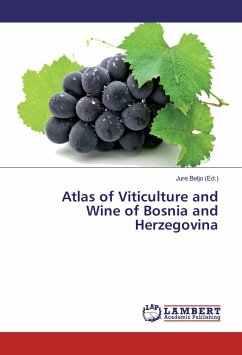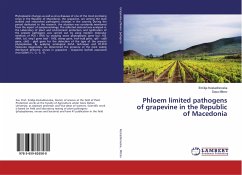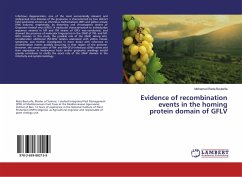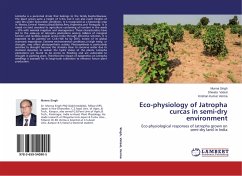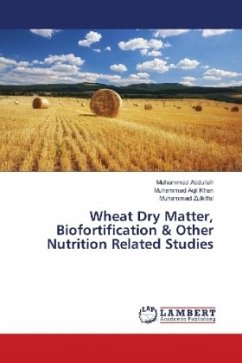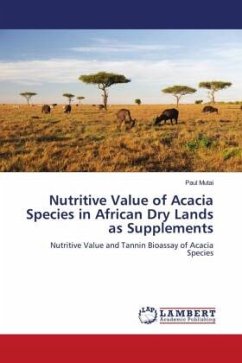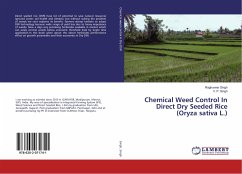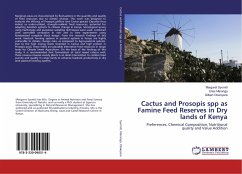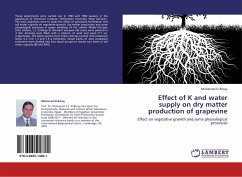
Effect of K and water supply on dry matter production of grapevine
Effect on vegetative growth and some physiological processes
Versandkostenfrei!
Versandfertig in 6-10 Tagen
32,99 €
inkl. MwSt.

PAYBACK Punkte
16 °P sammeln!
These experiments were carried out in 1983 and 1984 seasons in the glasshouse of Viticulture Institute, Hohenheim University, West Germany. The main objectives were to study the effect of potassium fertilization and soil water capacity on vegetative growth, dry matter production and some physiological processes in grape seedlings of the cultivar Müller-Thurgau (Vitis vinifera, L.). Cuttings of dormant one-year-old canes were planted in 3 liter draining pots filled with a mixture of sand and peat (7:1 v/v, respectively). The plants grown from these cuttings treated with potassium levels, 0.3, ...
These experiments were carried out in 1983 and 1984 seasons in the glasshouse of Viticulture Institute, Hohenheim University, West Germany. The main objectives were to study the effect of potassium fertilization and soil water capacity on vegetative growth, dry matter production and some physiological processes in grape seedlings of the cultivar Müller-Thurgau (Vitis vinifera, L.). Cuttings of dormant one-year-old canes were planted in 3 liter draining pots filled with a mixture of sand and peat (7:1 v/v, respectively). The plants grown from these cuttings treated with potassium levels, 0.3, 0.8, 1.3 and 1.8 g K2O/plant. Grape plants of each potassium treatment were divided into two equal groups to receive two levels of soil water capacity (80 and 40%).



